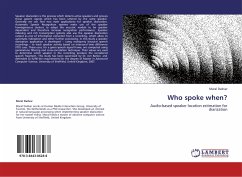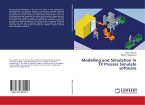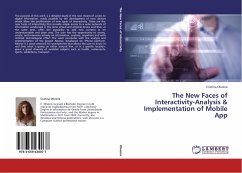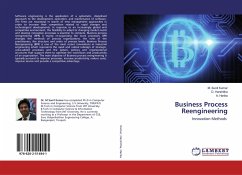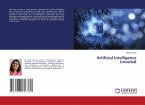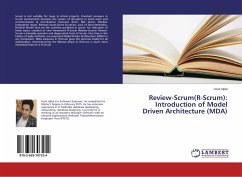Speaker diarization is the process which detects active speakers and groups those speech signals which has been uttered by the same speaker. Generally we can find two main applications for speaker diarization. Automatic Speech Recognition systems make use of the speaker homogeneous clusters to adapt the acoustic models to be speaker dependent and therefore increase recognition performance. Speaker indexing and rich transcription systems also use the speaker diarization output as one of information extracted from a recording, which allow its automatic indexation and other further processing. In this study a speaker diarization application is developed using multiparty binaural speech recordings to track speaker activity based on interaural time difference (ITD) cues. These cues, for a given speech signal frame, are computed using gammatone filtering and cross-correlation technique. Their values are used to determine which speaker in the recording produce the considered speech fragment. This study has been supervised by Dr. Jon Barker, and defended to fulfill the requirements for the degree of Master in Advanced Computer Science, University of Sheffield, United Kingdom, 2007.
Bitte wählen Sie Ihr Anliegen aus.
Rechnungen
Retourenschein anfordern
Bestellstatus
Storno

